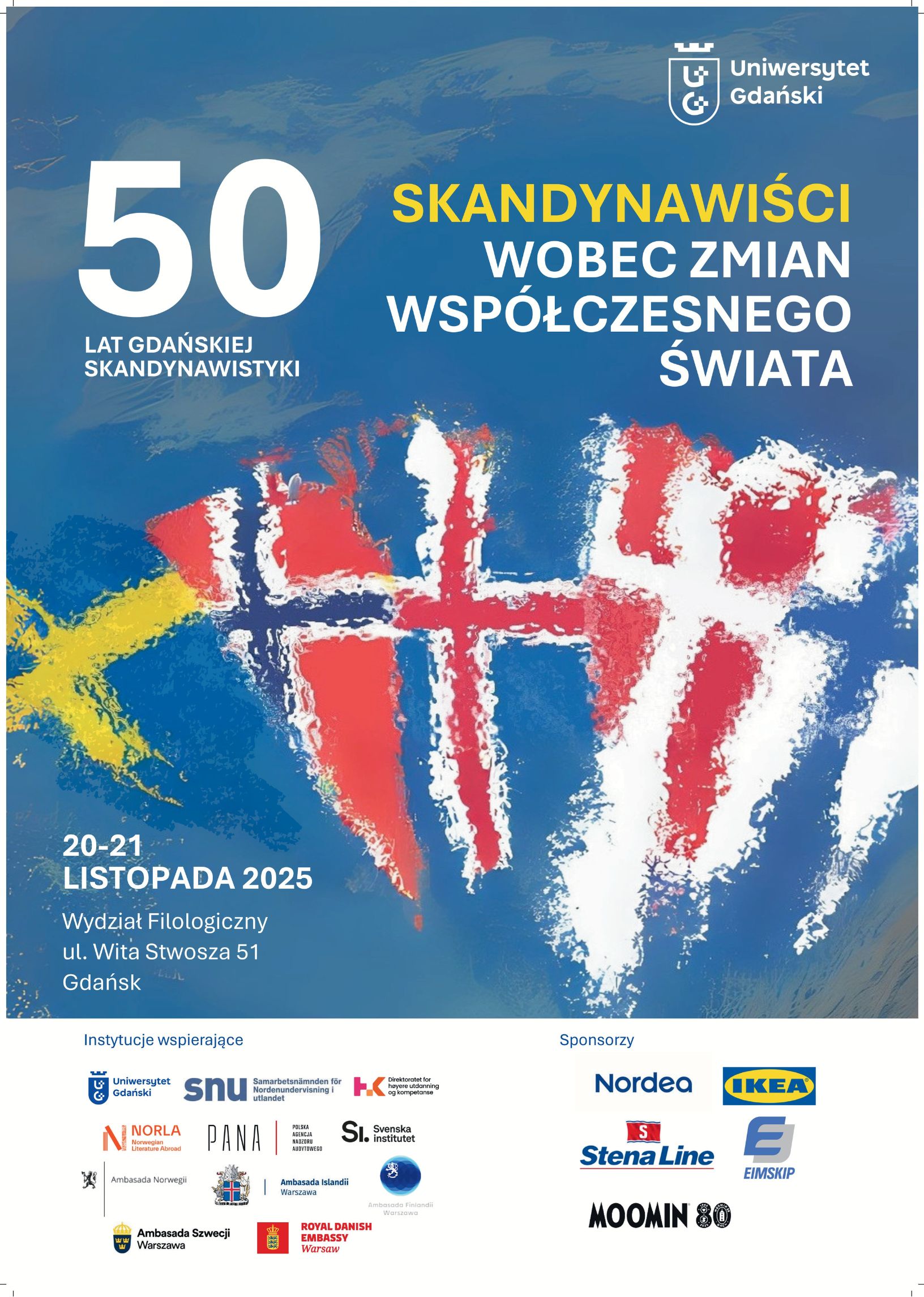Climate change, mass migration, natural disasters, wars in Europe, and the development of artificial intelligence. The last two decades have brought many difficult events. What strategy have the people of the North adopted to deal with them? Do Finnish SISU, Swedish lagom or Danish hygge help them face these challenges?
During the international scientific conference ‘50 years of Scandinavian studies in Gdańsk. Scandinavian scholars and the changes in the modern world’, which will take place on 20-21 November at the University of Gdańsk, researchers from Sweden, Denmark, Norway, Iceland, and Poland will reflect on the state of the modern world. With this event, the Institute of Scandinavian Studies wishes to commemorate the 50th anniversary of Scandinavian studies.
The organisers have also invited researchers specialising in children's literature to participate in the anniversary conference. This way, they want to initiate a discussion about the iconic characters of Nordic children's literature, Pippi Longstocking and the Moomins, who are celebrating their 80th birthday this year. What makes them still popular? What can they bring to the lives of children and adults in the third decade of the 21st century?
The five-year full-time master's degree programme in Scandinavian Studies was established on the initiative of prof. Zenon Ciesielski in the 1975/1976 academic year. Initially, only Swedish was taught, but now students can choose from four language tracks: Danish, Finnish, Norwegian, Swedish, and, in the master's programme, Icelandic.
At the Institute of Scandinavian Studies, researchers also conduct research on Greenland and the only indigenous people in Europe, the Sami.
For many years, Scandinavian Studies has been one of the most popular fields of study at the University of Gdańsk.
___
The event is supported by FRUG in terms of financial and accounting services.

